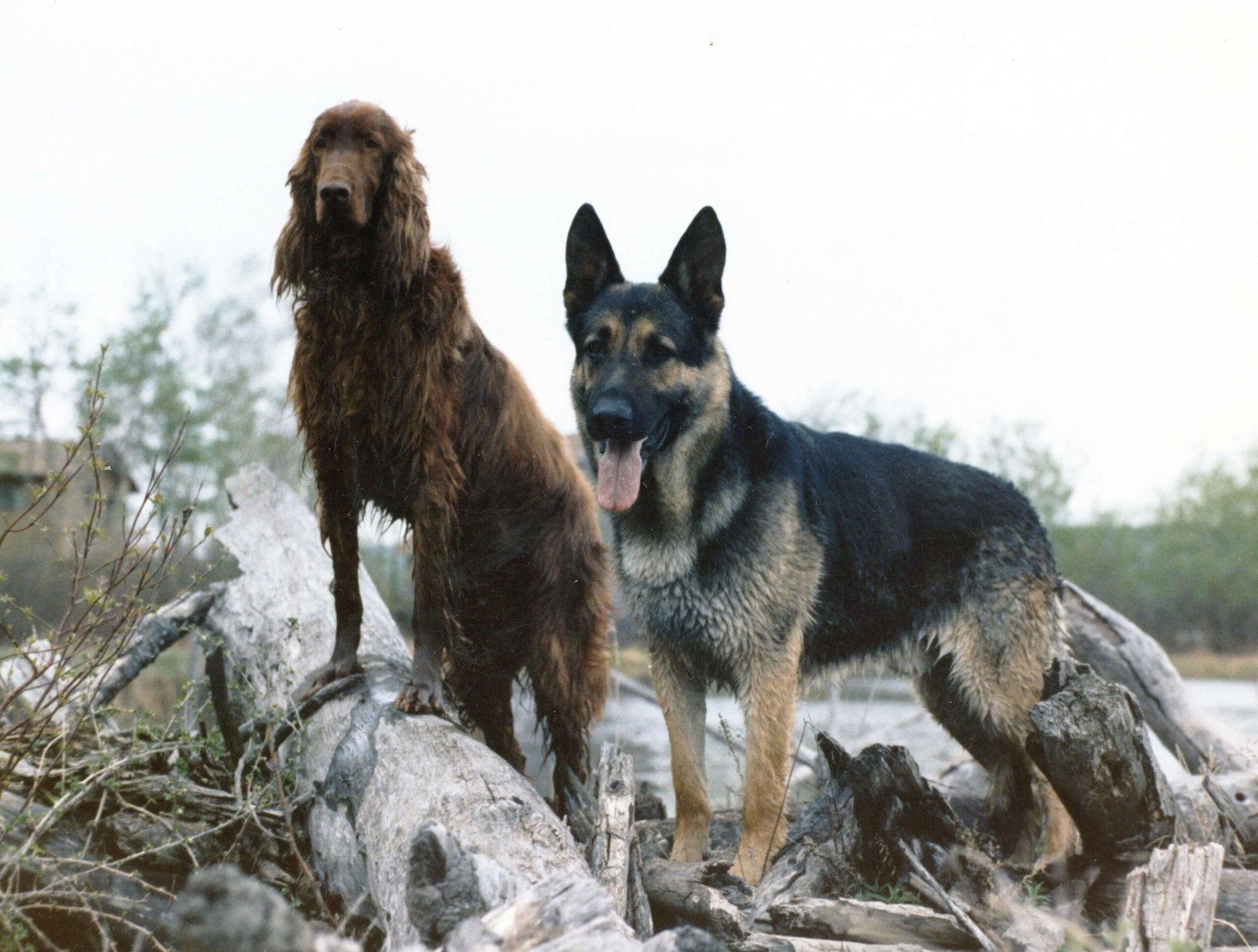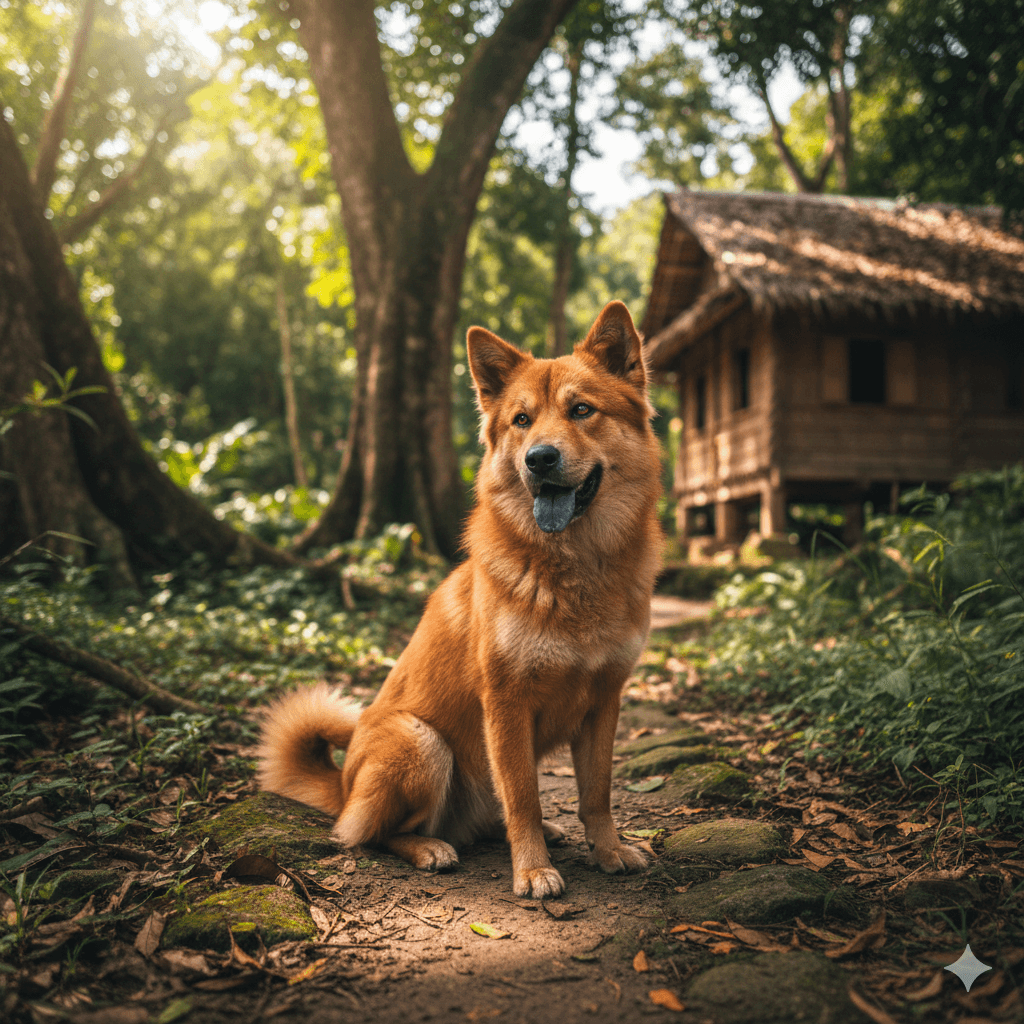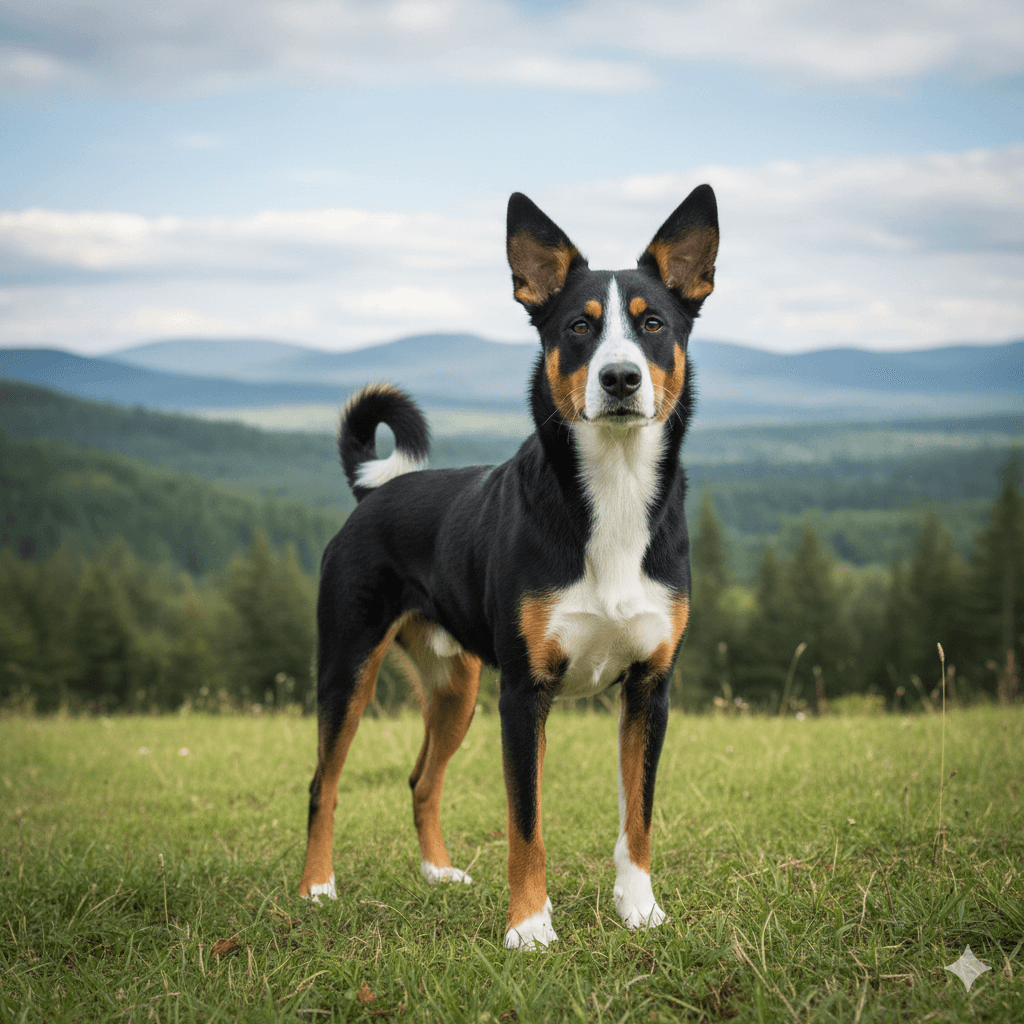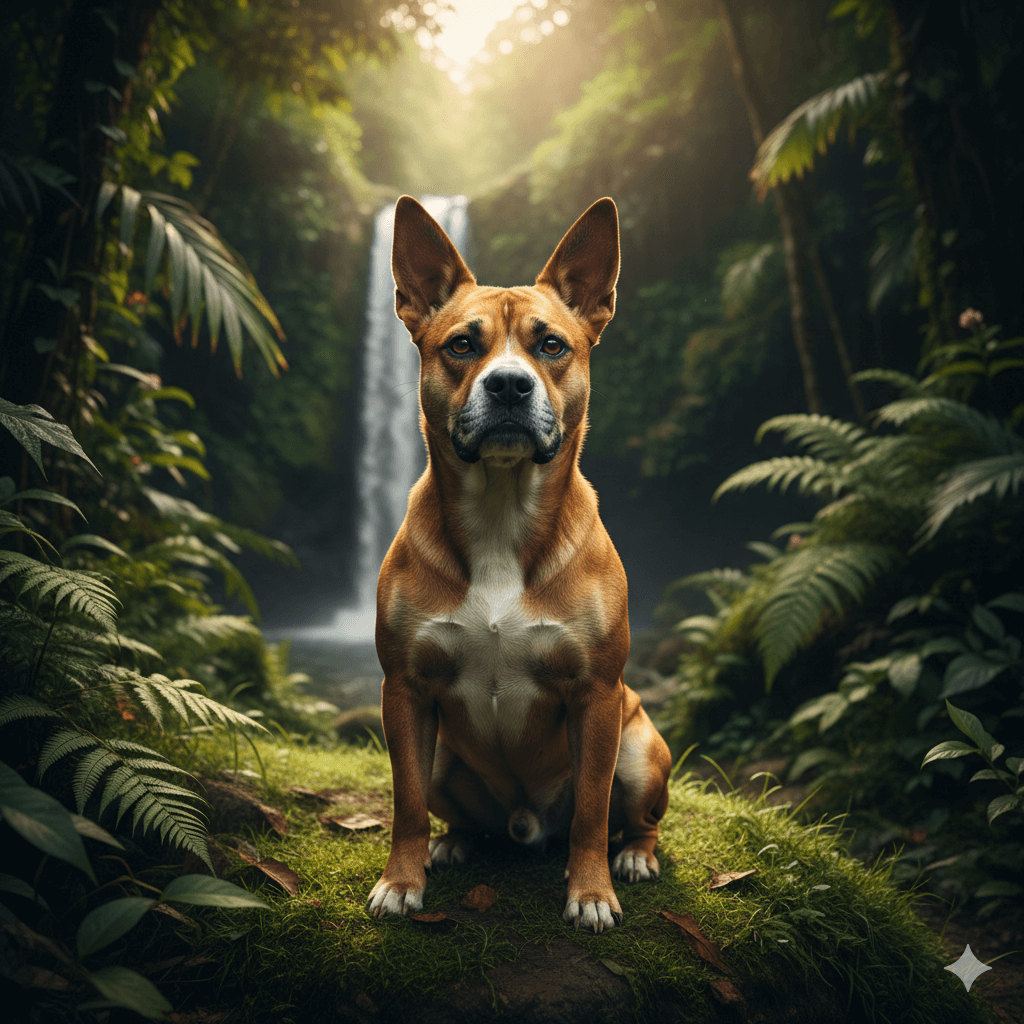Why Does My Dog Gag After Drinking Water? Understanding the Mystery
Have you ever noticed your furry friend gagging or coughing after taking a sip of water? It can be alarming to witness, but rest assured, this behavior is more common than you might think. While it’s not always a cause for concern, understanding why your dog gags after drinking water is essential for ensuring their health and well-being. In this blog post, we’ll explore the potential reasons behind this peculiar behavior, offer practical tips to address it, and help you determine when it’s time to consult a veterinarian. Let’s dive in and uncover what might be causing your pup’s post-drink discomfort.
Common Reasons Why Dogs Gag After Drinking Water
Dogs are unique creatures, and their behaviors can sometimes leave us scratching our heads. Gagging after drinking water is one such behavior that can stem from a variety of causes. Below, we’ve outlined some of the most common reasons why your dog might experience this issue.
Drinking Too Quickly
Dogs that gulp water at lightning speed are more likely to gag as they struggle to manage the sudden influx of liquid.Anatomical Factors
Certain breeds, especially those with flat faces like pugs or bulldogs, may have structural challenges that make swallowing water smoothly more difficult.Foreign Objects in the Throat
Sometimes, small objects like grass, toys, or even food particles can get lodged in your dog’s throat, triggering a gagging reflex.Allergies or Irritants
Environmental allergens or irritants in the water itself can cause mild throat irritation, leading to gagging.Underlying Health Conditions
Conditions such as kennel cough, acid reflux, or even gastrointestinal issues can manifest as gagging after drinking water.
Understanding these potential causes is the first step toward addressing the issue effectively. If your dog frequently gags after drinking, it’s worth considering these possibilities and consulting a vet if the problem persists.
How to Prevent Your Dog from Gagging After Drinking Water
While occasional gagging might not be a cause for alarm, there are steps you can take to minimize the likelihood of this happening. Here are some practical tips to help your dog drink water safely and comfortably.
Use a Slow Feeder Bowl
These specially designed bowls force your dog to drink water at a slower pace, reducing the risk of choking or gagging.Monitor Water Intake
Keep an eye on how much water your dog consumes and ensure they’re not overhydrating, which can lead to discomfort.Check the Water Quality
Ensure the water your dog drinks is clean and free of contaminants that could irritate their throat.Provide Smaller Portions
Offer smaller amounts of water at a time to prevent your dog from gulping large quantities all at once.Elevate the Water Bowl
For dogs with flat faces, raising the water bowl can make drinking easier and reduce the likelihood of gagging.
By implementing these strategies, you can create a safer drinking environment for your dog and potentially eliminate the gagging behavior altogether. However, if the problem continues despite your efforts, it’s best to seek professional advice.
Check this guide 👉Why Is My Dog Not Eating but Still Drinking Water? Best 7 Tips!
Check this guide 👉Why Is My Dog Not Eating but Still Drinking Water? Best 7 Tips!
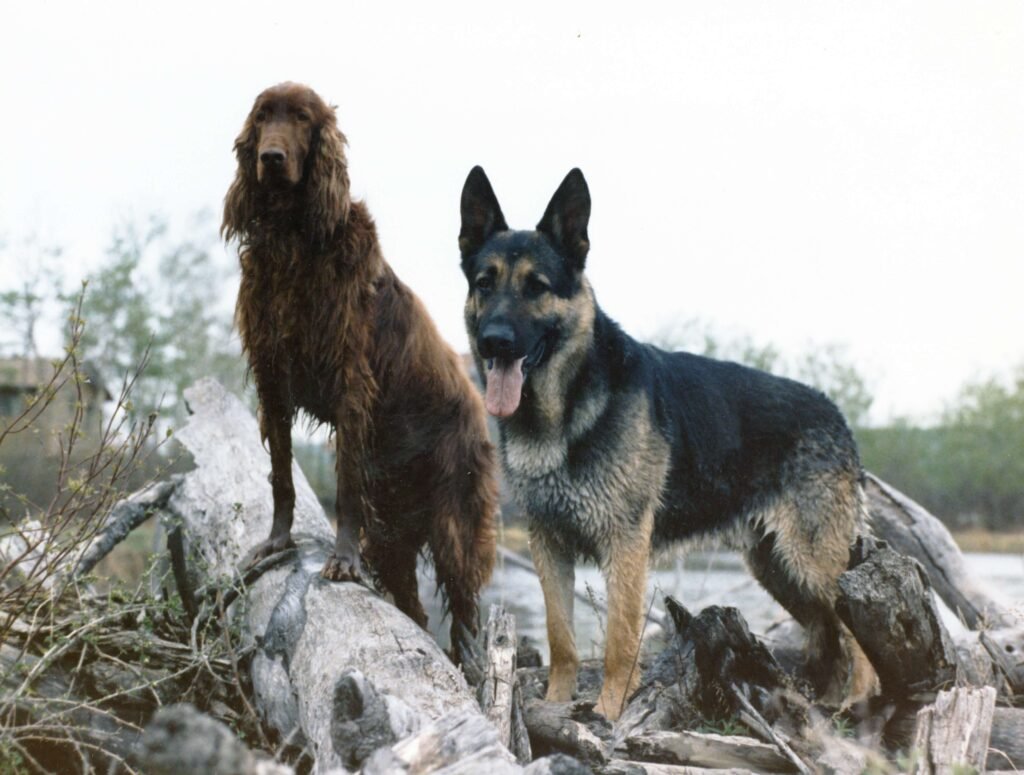
Preventive Measures | Potential Benefits |
|---|---|
Use a slow feeder bowl | Encourages slower drinking and reduces gagging |
Monitor water quality | Prevents throat irritation and infections |
Provide smaller portions | Helps regulate water intake and prevents choking |
Elevate the water bowl | Improves posture and reduces strain while drinking |
Regularly clean the water bowl | Ensures hygiene and minimizes bacterial growth |
Signs That Gagging May Indicate a Serious Issue
While gagging after drinking water is often harmless, there are instances where it could signal a more serious underlying condition. Recognizing the warning signs is crucial for ensuring your dog receives timely care.
Persistent Coughing
If your dog continues to cough or gag long after drinking, it could indicate a respiratory issue.Difficulty Breathing
Labored breathing alongside gagging may point to a blockage or infection in the airway.Loss of Appetite
A sudden refusal to eat or drink could be a sign of pain or discomfort related to the throat or stomach.Lethargy or Weakness
Unusual tiredness or lack of energy might suggest an underlying health problem requiring veterinary attention.Vomiting or Regurgitation
Frequent vomiting after drinking water could indicate gastrointestinal distress or another medical condition.
If you notice any of these symptoms, it’s important to act quickly. Early intervention can make all the difference in your dog’s recovery and overall well-being.
When to Consult a Veterinarian About Gagging
Knowing when to seek professional help is key to keeping your dog healthy. While occasional gagging may not be a cause for concern, certain situations warrant a trip to the vet.
Recurrent Episodes
If your dog gags after every drink, it’s time to investigate further with a professional.Accompanying Symptoms
Signs like nasal discharge, fever, or swelling should never be ignored.Behavioral Changes
Sudden shifts in your dog’s behavior, such as aggression or withdrawal, could indicate discomfort.Age or Breed-Specific Risks
Older dogs or breeds prone to respiratory issues may require extra attention.No Improvement with Home Remedies
If preventive measures fail to resolve the issue, a vet visit is essential.
Your veterinarian can perform diagnostic tests to identify the root cause and recommend appropriate treatment options. Remember, your dog’s health is always worth prioritizing.
How to Encourage Healthy Drinking Habits in Dogs
Encouraging your dog to drink water in a healthy and controlled manner can prevent gagging and other related issues. Here are some tips to help you foster good drinking habits for your furry friend.
Provide Fresh Water Regularly
Refreshing your dog’s water bowl multiple times a day ensures they always have access to clean, appealing water.Create a Calm Drinking Environment
Minimize distractions or stressors near the water bowl to help your dog drink calmly and without rushing.Reward Slow Drinking
Praise your dog when they take their time to drink water, reinforcing this positive behavior over time.Avoid Overheating
Ensure your dog stays cool during hot weather to prevent them from gulping water out of extreme thirst.Introduce Water Games
Teaching your dog to interact with water through gentle play can make drinking feel less stressful and more enjoyable.
By implementing these strategies, you can guide your dog toward healthier drinking habits, reducing the likelihood of gagging and ensuring they stay hydrated.
Signs Your Dog May Be Overhydrated
While staying hydrated is crucial, overhydration can also lead to health issues, including gagging. Recognizing the signs of overhydration can help you maintain a balanced approach to your dog’s water intake.
Frequent Urination
If your dog is urinating excessively, it could be a sign they’re consuming too much water.Bloating or Swollen Belly
An unusually swollen abdomen may indicate water retention or overhydration.Lethargy or Confusion
Overhydration can disrupt electrolyte balance, leading to fatigue or disorientation.Nausea or Vomiting
Excessive water intake can upset your dog’s stomach, causing them to gag or vomit.Pale Gums
Pale or overly moist gums can sometimes signal an imbalance caused by overhydration.
If you notice any of these symptoms, consider adjusting your dog’s water intake and consult a vet if the issue persists. Moderation is key to keeping your dog healthy and comfortable.
How to Make Drinking Water More Appealing to Your Dog
Some dogs are picky about their water, which can lead to unhealthy drinking patterns. Making water more appealing can encourage regular hydration and reduce the risk of gagging.
Add a Splash of Low-Sodium Broth
A small amount of low-sodium chicken or beef broth can make water more enticing without compromising its safety.Use a Ceramic or Stainless Steel Bowl
These materials are less likely to retain odors compared to plastic, making the water taste fresher.Experiment with Water Temperature
Some dogs prefer cool water, while others may enjoy room-temperature water—test to see what your dog likes best.Place Bowls in Multiple Locations
Having water bowls in different areas of the house encourages your dog to drink more frequently and comfortably.Keep the Bowl Clean
Regularly washing the water bowl prevents bacteria buildup, ensuring the water remains fresh and appealing.
By taking these steps, you can create a more inviting drinking experience for your dog, promoting better hydration habits and minimizing gagging episodes.
FAQ
Is it normal for dogs to gag occasionally after drinking water?
Yes, occasional gagging is usually harmless and can result from drinking too quickly or minor throat irritation.
Can allergies cause my dog to gag after drinking water?
Yes, environmental allergens or contaminants in the water can irritate your dog’s throat and trigger gagging.
Should I be concerned if my dog gags every time they drink water?
Persistent gagging could indicate an underlying issue, so it’s best to consult a vet for a thorough evaluation.
How can I stop my dog from drinking water too fast?
Using a slow feeder bowl or offering smaller portions can help regulate their drinking speed.
What should I do if my dog starts gagging and seems unwell?
Contact your veterinarian immediately, especially if other symptoms like lethargy or difficulty breathing are present.
Ensuring Your Dog’s Comfort and Health
Gagging after drinking water can be unsettling to witness, but understanding the potential causes and solutions empowers you to take action. Whether it’s adjusting your dog’s drinking habits, improving water quality, or seeking veterinary advice, there are plenty of ways to address this issue. By staying attentive to your dog’s behavior and prioritizing their well-being, you can ensure they stay happy and hydrated. Remember, your furry companion relies on you to keep them safe, so don’t hesitate to reach out to a professional if you’re ever in doubt. Together, we can create a healthier, happier life for our beloved pets.
Telomian Chow Chow Mix: Best 7 Expert Tips! – Discover the unique blend of loyalty, agility, and independence in this rare hybrid. Perfect for devoted dog lovers!
Telomian Akita Mix: Best 7 Expert Tips! – Discover the perfect blend of loyalty, strength, and agility in this unique hybrid. Learn care, training, and health tips!
Telomian Bernese Mountain Dog Mix: Best 7 Expert Tips! – Discover the perfect blend of agility, loyalty, and charm in this unique hybrid companion.
Telomian Bulldog Mix: Best 7 Expert Tips! – Discover the perfect blend of loyalty, energy, and charm with this unique hybrid breed. Ideal for active families!

